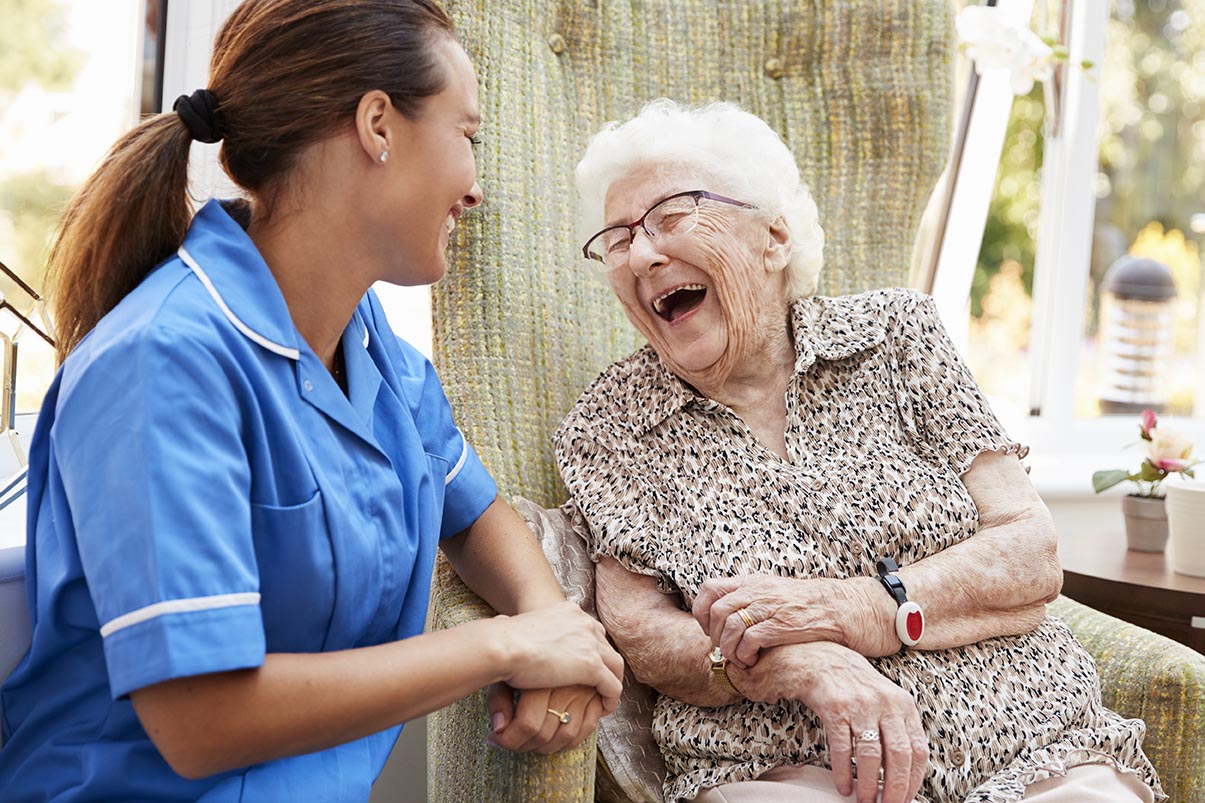What’s Included in a Comprehensive Caregiver Course? A Guide to Essential Skills and Knowledge

What’s Included in a Comprehensive Caregiver Course? A Guide to Essential Skills and Knowledge
Becoming a caregiver is an incredibly rewarding role, but it comes with significant responsibility. Whether you’re looking to pursue a career in caregiving or assist a loved one, a caregiver course offers the foundational skills necessary to provide quality care. In this article, we’ll break down what’s typically included in a caregiver course, covering the key topics that prepare you for this essential job.
1. Basic Healthcare Skills
The foundation of any caregiver course is learning essential healthcare skills. This includes:
- First Aid & CPR: Knowing how to respond to emergencies, including administering CPR and basic first aid, is crucial for a caregiver.
- Infection Control: Caregivers are trained on how to prevent the spread of infection through proper hygiene practices, like handwashing and using protective gear.
- Medication Management: Learning how to properly administer medication, track dosages, and recognize side effects is vital to ensure the patient’s well-being.
2. Personal Care Assistance
Providing personal care is a major part of a caregiver's responsibilities. A caregiver course typically covers:
- Assisting with Activities of Daily Living (ADLs): This includes helping patients with bathing, dressing, grooming, and using the toilet.
- Mobility Support: Caregivers learn how to safely assist patients with walking, transferring from bed to wheelchair, and using mobility aids.
- Feeding & Nutrition: Understanding the dietary needs of different individuals and assisting with meal preparation and feeding is often covered.
3. Effective Communication Skills
Being able to communicate effectively with patients and their families is essential. Caregiver courses often include:
- Patient Interaction: Training on how to speak with patients, particularly those with cognitive impairments such as dementia, to ensure understanding and comfort.
- Family Communication: Offering support and updates to families and learning how to manage family dynamics during caregiving.
- Non-verbal Communication: Understanding the importance of body language, facial expressions, and tone of voice when caring for those who cannot communicate easily.
4. Ethical and Legal Responsibilities
Caregivers must adhere to ethical guidelines and legal regulations. A caregiver course often includes:
- Confidentiality: Respecting patient privacy and understanding the importance of confidentiality, especially regarding medical information.
- Patient Rights & Advocacy: Understanding the rights of patients and advocating for their needs and comfort.
- Elder Abuse Prevention: Recognizing signs of elder abuse and neglect, and knowing the legal steps to take if abuse is suspected.
5. Safety & Emergency Procedures
Caregivers are trained to prevent accidents and handle emergencies:
- Home Safety: Ensuring the patient’s living environment is safe, including preventing falls and making necessary adjustments for mobility.
- Emergency Preparedness: Learning how to handle medical emergencies, fires, and natural disasters with a focus on the patient’s specific needs.
6. Psychosocial Care
Providing emotional and mental support is just as important as physical care. Topics in this area include:
- Emotional Support: How to offer comfort, empathy, and motivation to patients dealing with illness or aging.
- Mental Health Awareness: Training on conditions like anxiety, depression, and dementia, and how to recognize and manage these in patients.
7. Health Conditions and Special Needs Care
Caregivers must be knowledgeable about common health conditions and the specific care they require. A course will cover:
- Chronic Conditions: How to care for individuals with conditions like diabetes, heart disease, arthritis, and more.
- Cognitive Impairments: Special techniques for handling Alzheimer’s, dementia, and other cognitive disorders.
8. Practical Hands-On Training
Many caregiver courses include practical training to apply theoretical knowledge in real-life scenarios. This could be through:
- Internships or Clinical Placements: Opportunities to work in healthcare settings, assisting real patients under supervision.
- Role-playing Exercises: Simulating caregiving situations to practice handling challenges and improving skills.
Conclusion: The Path to Becoming a Compassionate and Skilled Caregiver
A caregiver course provides the knowledge and practical skills needed to support individuals in need of care. Whether assisting with daily tasks, managing medications, or providing emotional support, caregivers are a vital part of a person’s well-being. With proper training, caregivers can ensure they’re equipped to meet the physical, emotional, and social needs of their patients, offering the highest level of care.
If you're considering a career in caregiving or wish to learn more about training options, researching courses that include these core topics is a great first step towards making a positive impact on others' lives.
Explore more Caregiver Courses in Sri Lanka
Click here to find Caregiver Course in Sri Lanka
Click here to find Elderly Care Courses In Sri Lanka
Click here to find The Job Market for Caregivers in Sri Lanka and Internationally
Click here to find What's Included in a Comprehensive Caregiver Course? A Guide to Essential Skills and Knowledge
Click here to find First Aid Courses in Sri Lanka
Find Private Universities in Sri Lanka to start your future course today
Visit this link for accurate information on courses in Sri Lanka and additional details about the institutes.
Recommended Institutes

National Apprentice and Industrial Training Authority (NAITA)
Latest Intakes
Courses

























